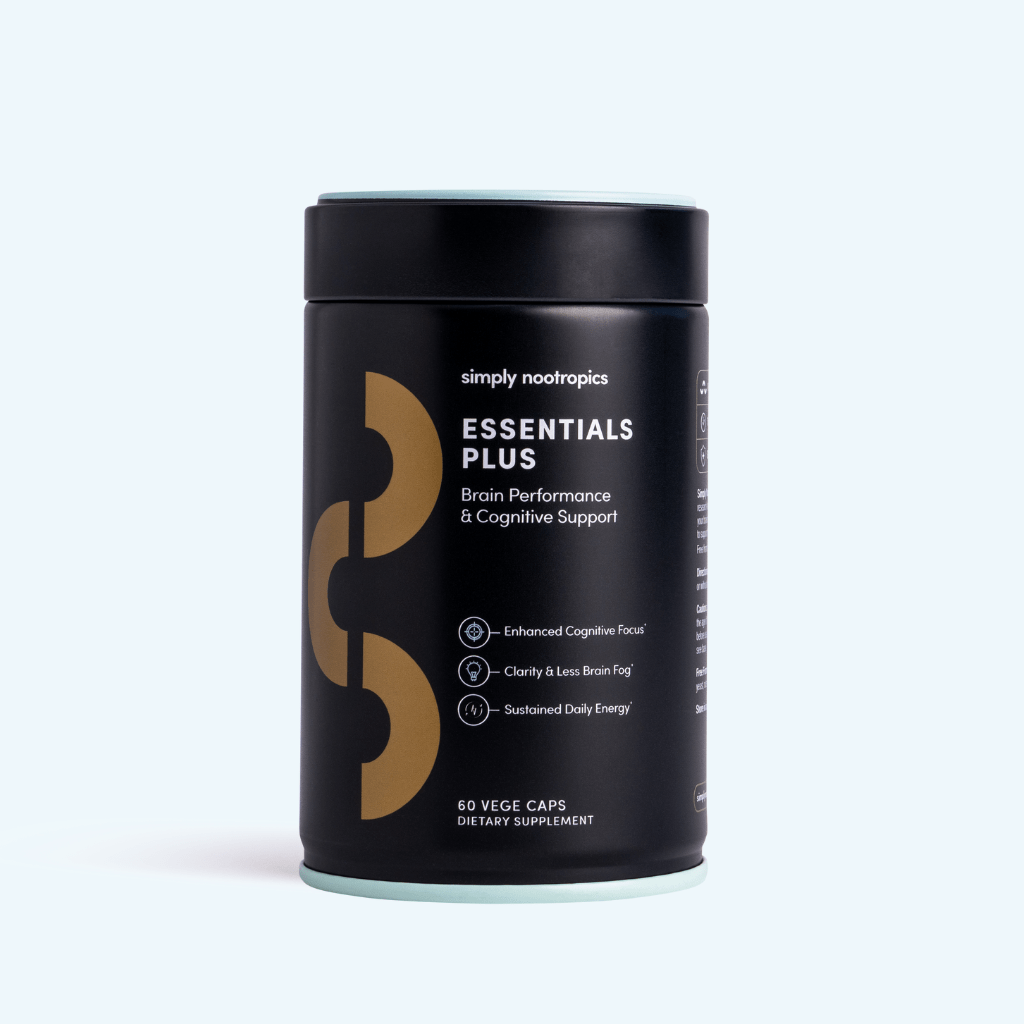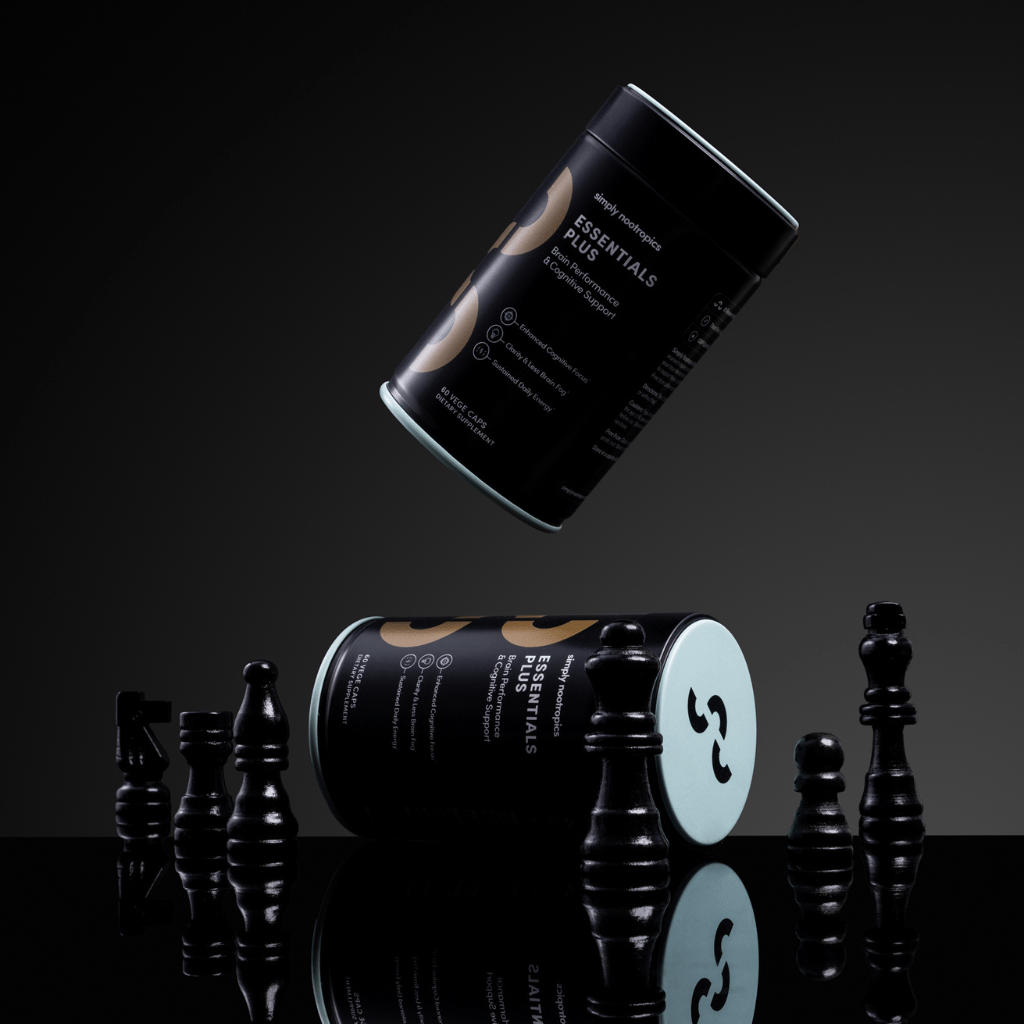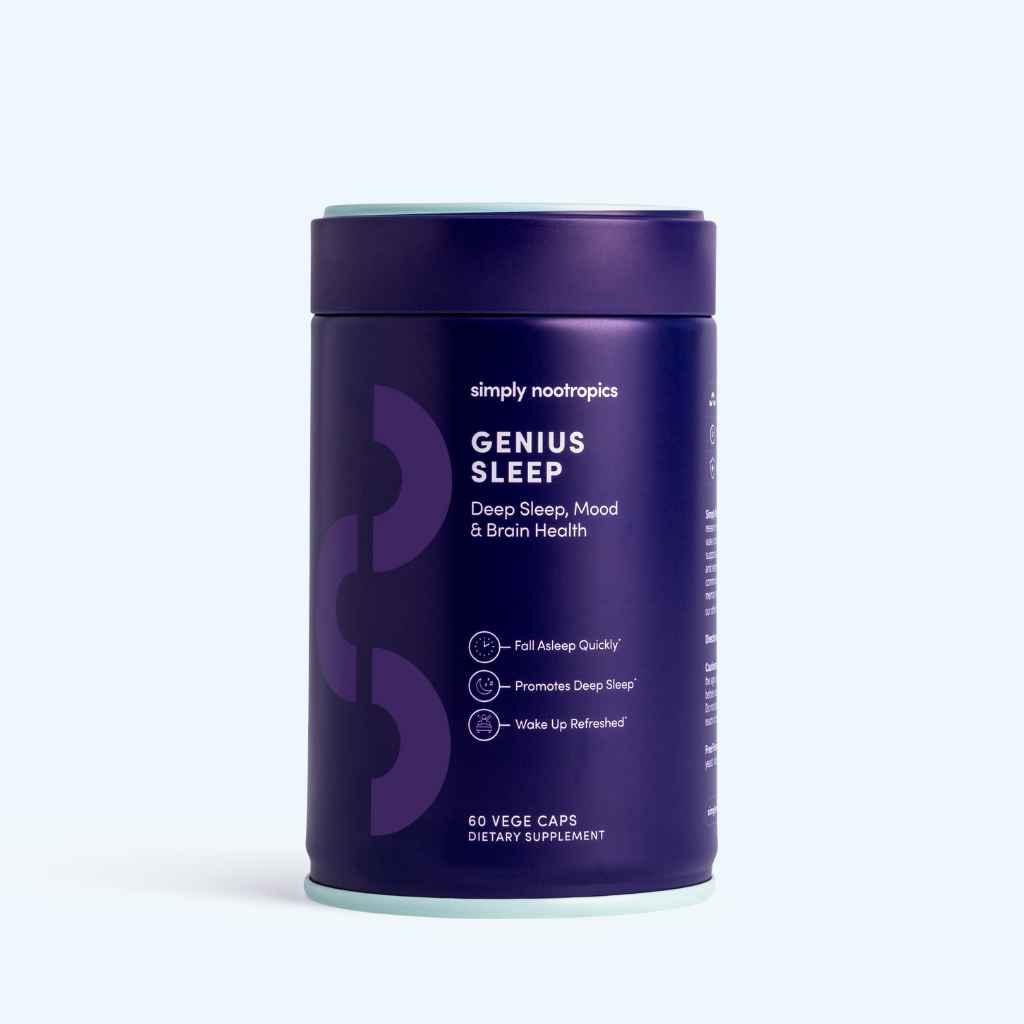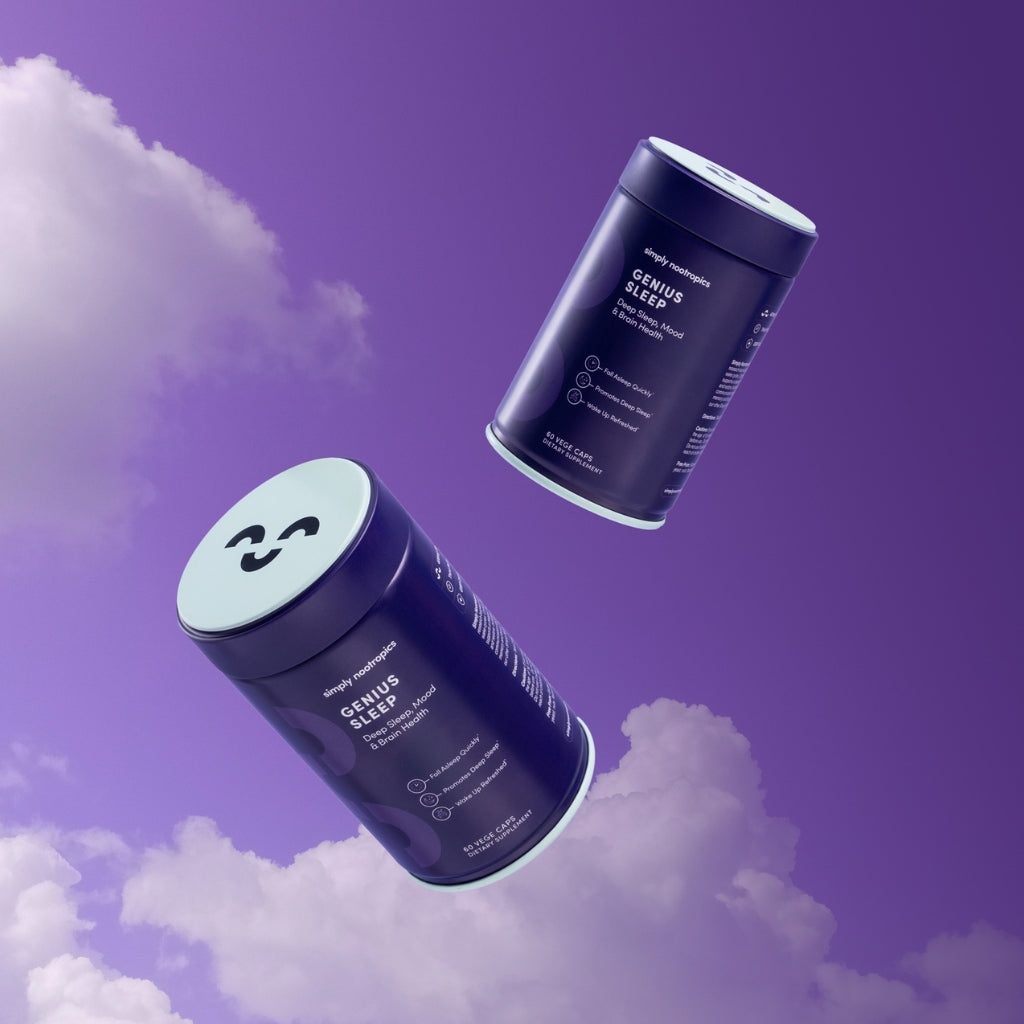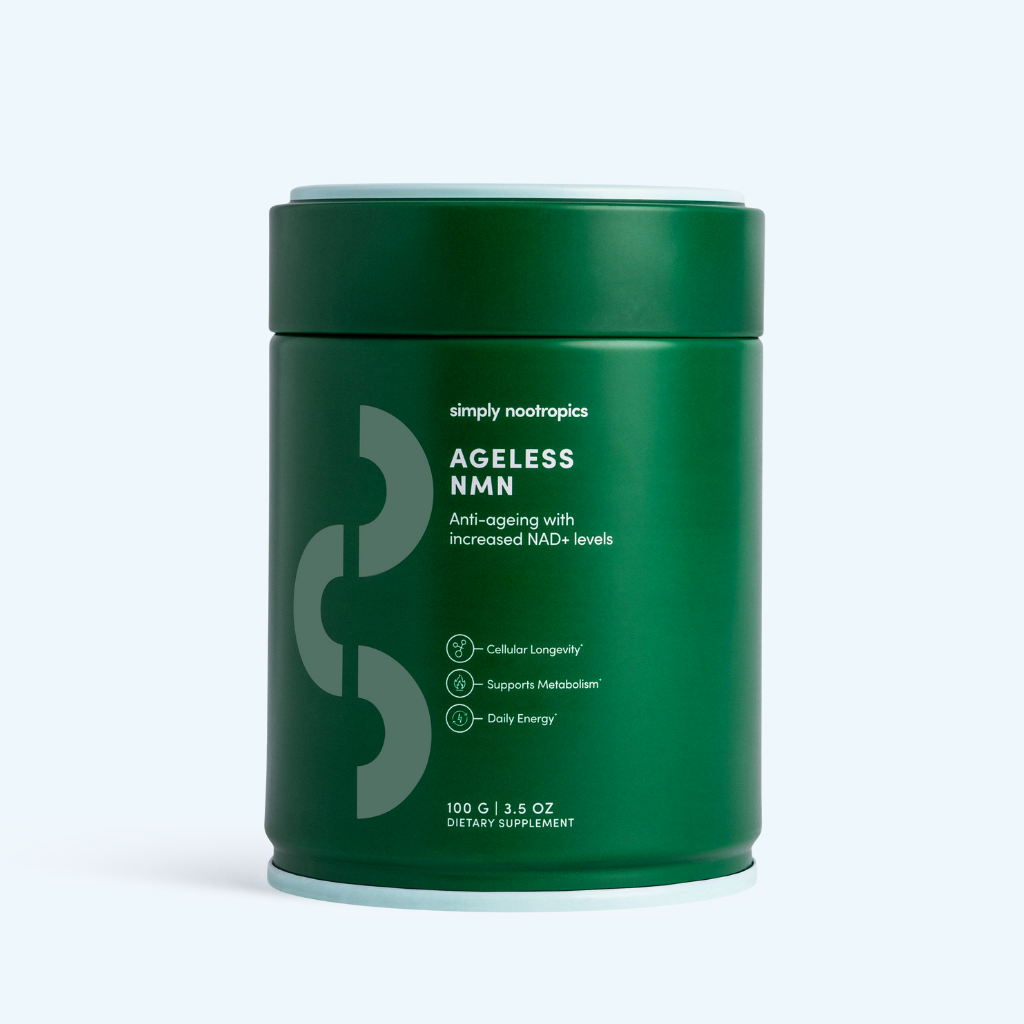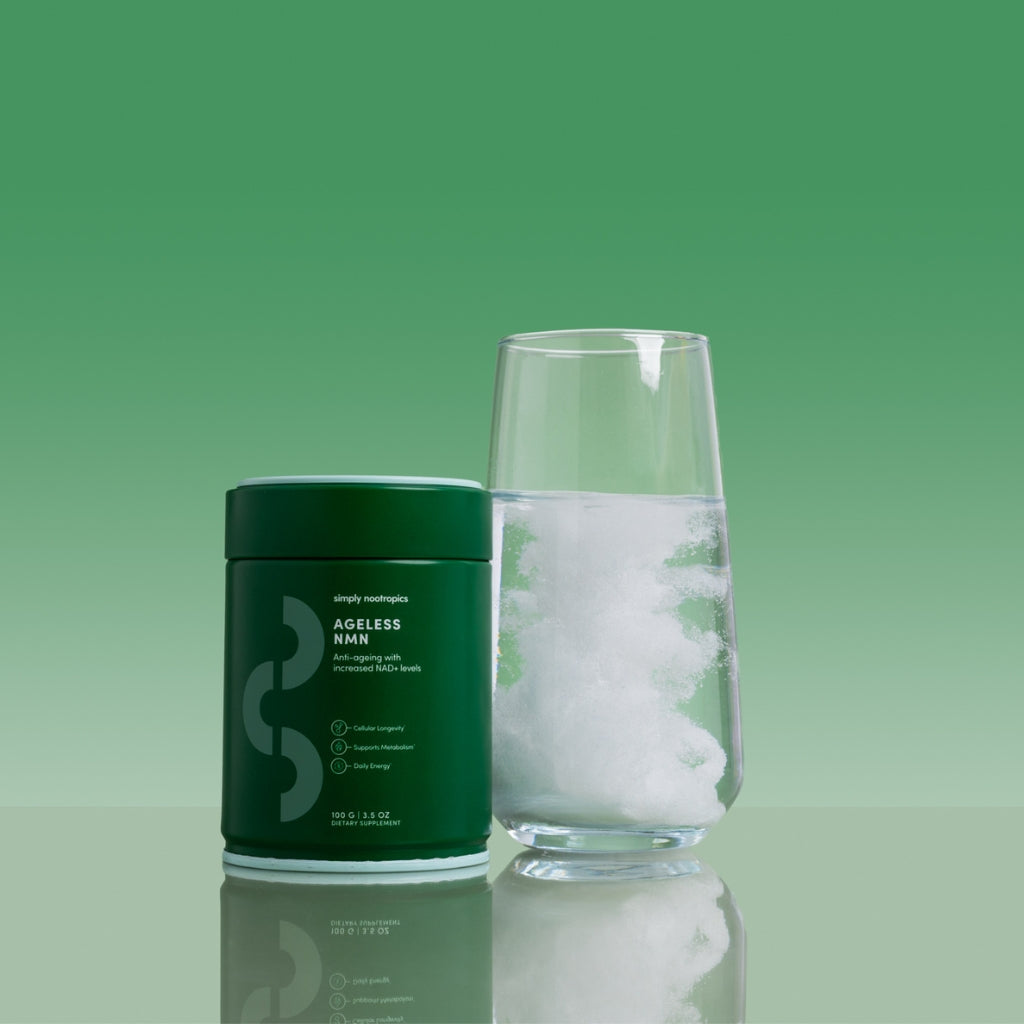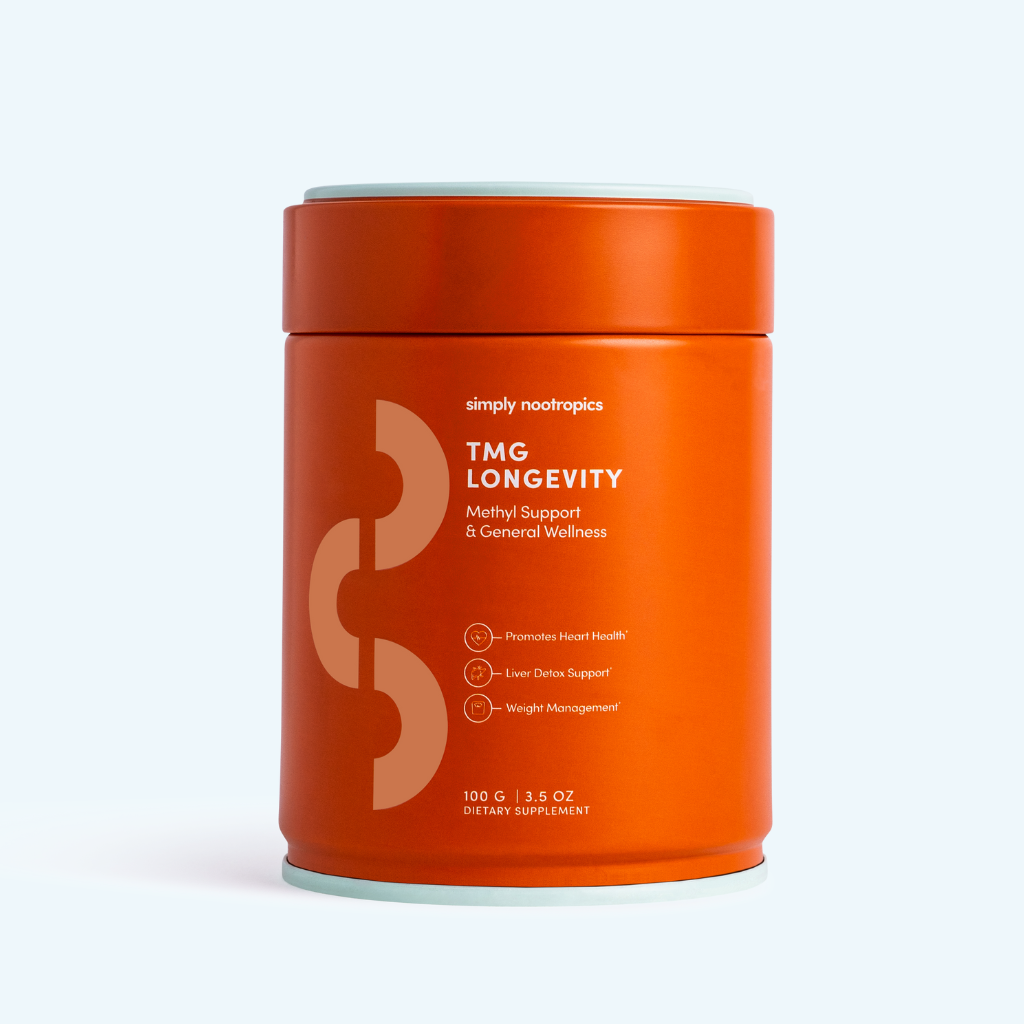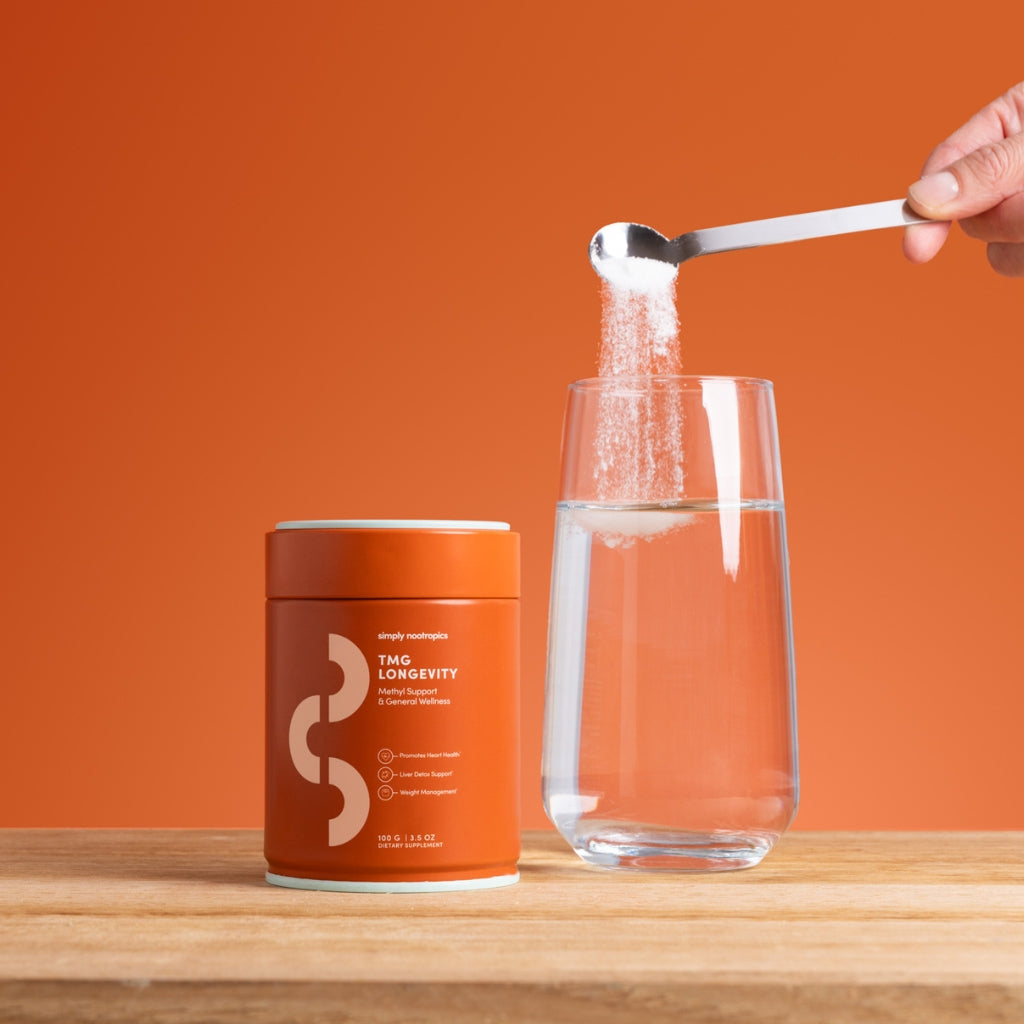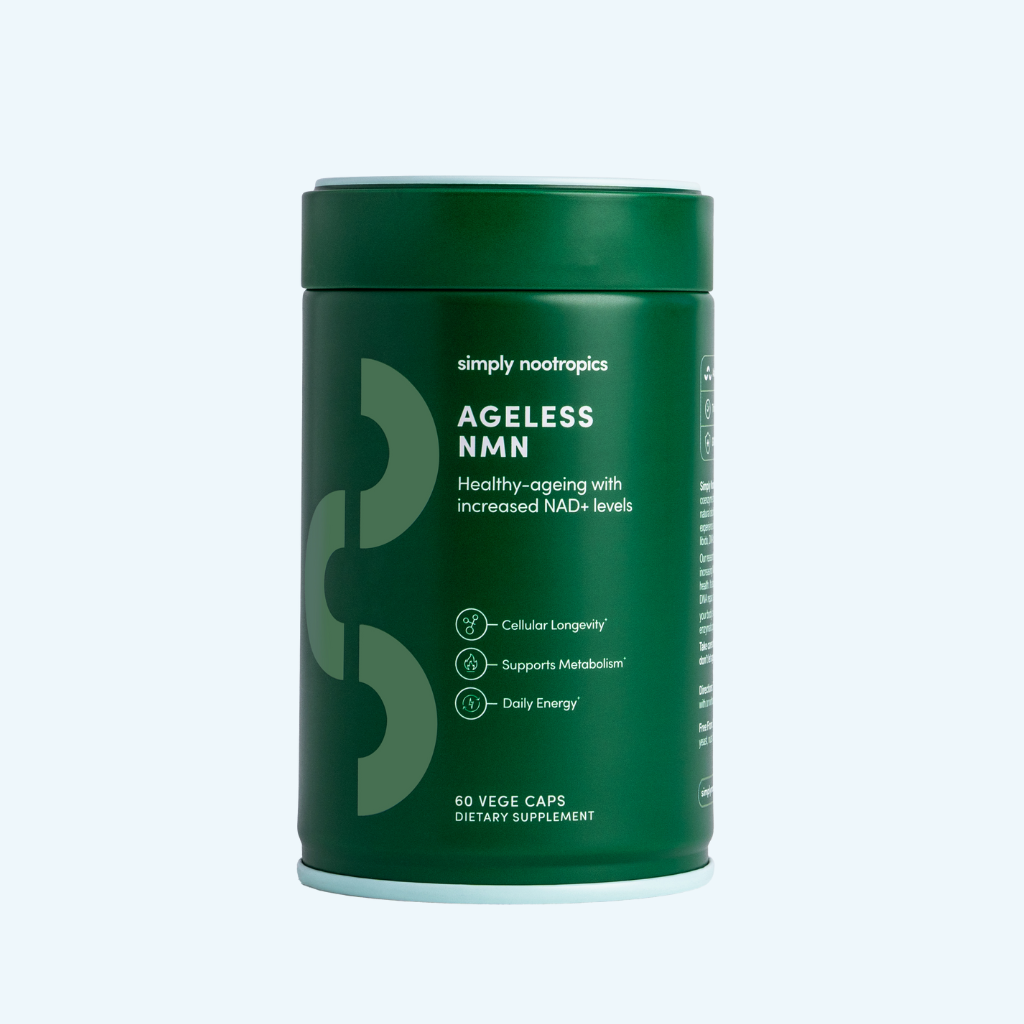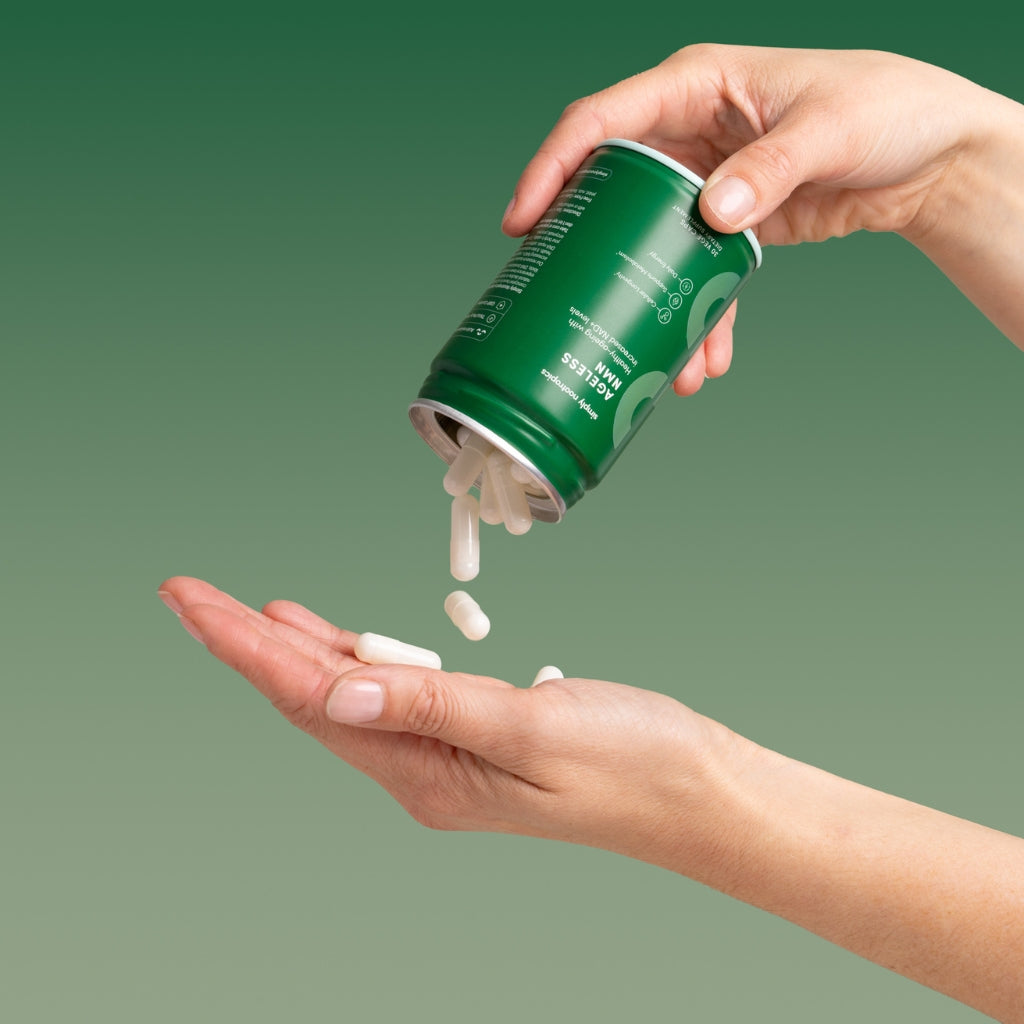Lungs problems, skin damage and so much more: blame it on PM. In 2019, a staggering 99% of the world's population was living in areas where the air quality did not meet the guidelines set by the World Health Organization (WHO). PM, or particulate matter, consists of tiny particles suspended in the air, originating from vehicle exhaust, industrial emissions, and natural events like wildfires.
When we breathe in PM, it can go deep into our lungs, causing respiratory issues such as asthma and bronchitis. During bushfire seasons, especially in places like New South Wales and Victoria, PM levels can shoot up, posing health risks and worsening air quality. Additionally, activities like livestock farming and crop burning can add to PM levels, especially in rural areas.
Exposure to PM2.5, particles smaller than 2.5 micrometres in diameter, is linked to higher risks of respiratory infections, cardiovascular diseases, lung cancer, and premature death, according to the World Health Organization (WHO). Outdoor air pollution, including PM2.5, is estimated to cause about 4.2 million premature deaths worldwide each year. Besides respiratory issues, PM can also affect skin health, leading to problems like dryness, irritation, and premature ageing. These particles can penetrate the skin, triggering inflammation and oxidative stress, which contribute to various skin conditions.
(Un)surprisingly, nicotinamide mononucleotide (NMN), the NAD+ booster, may be able to reduce the negative effects of PM exposure on our skin and lungs, according to some recent studies.
Study n. 1
The purpose of this study was to investigate if supplementing with NMN, the NAD+ precursor supplement, could protect against lung damage resulting from long-term exposure to PM. The goal of the study was to determine how NMN might strengthen the immune system against PM pollution.
Using a group of male mice, researchers created different exposure scenarios to simulate real-world conditions. Some mice were exposed to PM-full air, while others breathed filtered air. In each group, some mice received NMN supplementation in their drinking water, while others did not. By carefully observing the effects of NAD+ therapy on lung inflammation and immune responses, researchers hoped to understand NMN’s health benefits.
In the experiment, mice treated with NMN showed higher levels of NAD+, a molecule crucial for cellular health, in various tissues. After breathing in PM for 16 weeks, the mice that got NMN had less lung inflammation and fewer collagen deposits than those without the NAD+ booster. When researchers looked closely at the lung tissue, they found fewer immune cells and less scarring in the mice that took NMN. Plus, NMN helped stop the release of inflammatory stuff and kept the immune system in the lungs healthier.
These results show that taking NMN might be a good way to fight off lung damage from breathing in PM. By boosting the immune system and helping cells work better, the NAD+ precursor supplement could be a helpful tool in shielding our bodies from the harmful effects of air pollution.
Study n. 2
In this other study, conducted in 2022, scientists looked into how PM harm our skin by activating certain cells in our skin, causing inflammation and stress. To understand this better, they studied how human skin cells reacted to PM exposure. They discovered that PM made these cells produce harmful substances and caused damage by creating reactive oxygen species (ROS), kind of like unstable molecules that can harm our skin.
But here's the interesting part: the scientists found that when they gave the skin cells NMN, the NAD+ precursor supplement, helped reduce the damage caused by PM. NMN, as a NAD+ booster, acted like protectors, reducing inflammation and stress in the skin cells.
What's more, NMN also helped the skin cells fight signs of ageing caused by PM exposure. By using the NAD+ supplement, the scientists saw improvements in the skin's ability to repair itself and stay healthy. This research gives us hope for new ways to keep our skin healthy and youthful, even in polluted environments.
What Else Helps Against PM and Air Pollution?
- Stay Indoors During Peak Pollution Hours: Try to limit your outdoor activities, especially during times when air pollution levels are highest, such as rush hours or days with poor air quality forecasts.
- Use Air Purifiers: Consider investing in an air purifier for your home or workplace. Air purifiers can help remove pollutants and particulate matter from indoor air, providing cleaner air to breathe.
- Wear Masks: When outdoor air quality is poor, wearing a mask can help reduce your exposure to pollutants and PM. Look for masks specifically designed to filter out PM2.5 particles.
- Keep Indoor Air Clean: Close windows and doors during periods of high outdoor pollution to prevent pollutants from entering your home. You can also use indoor plants to help improve indoor air quality.
- Reduce Car Usage: Vehicle emissions are a significant source of air pollution. Whenever possible, opt for walking, biking, or using public transportation instead of driving your car, especially on days with poor air quality.
- Support Clean Energy: Advocate for policies and initiatives that promote clean energy sources, such as renewable energy and electric vehicles. Supporting clean energy efforts can help reduce air pollution and improve overall air quality in your community.
- Monitor Air Quality: Stay informed about air quality conditions in your area by checking air quality indexes and forecasts regularly. This information can help you plan outdoor activities and take appropriate precautions when air quality is poor.
As the World Health Organization has repeatedly pointed out, air pollution is a modern problem that requires modern solutions. Together with all the tips we mentioned, trust in the latest scientific research and consider buying NMN, the best NAD+ supplement. Simply Nootropics’ NMN Powder is designed with your best interests in mind, whether they be longevity, skin health, and now, even better breathing.

